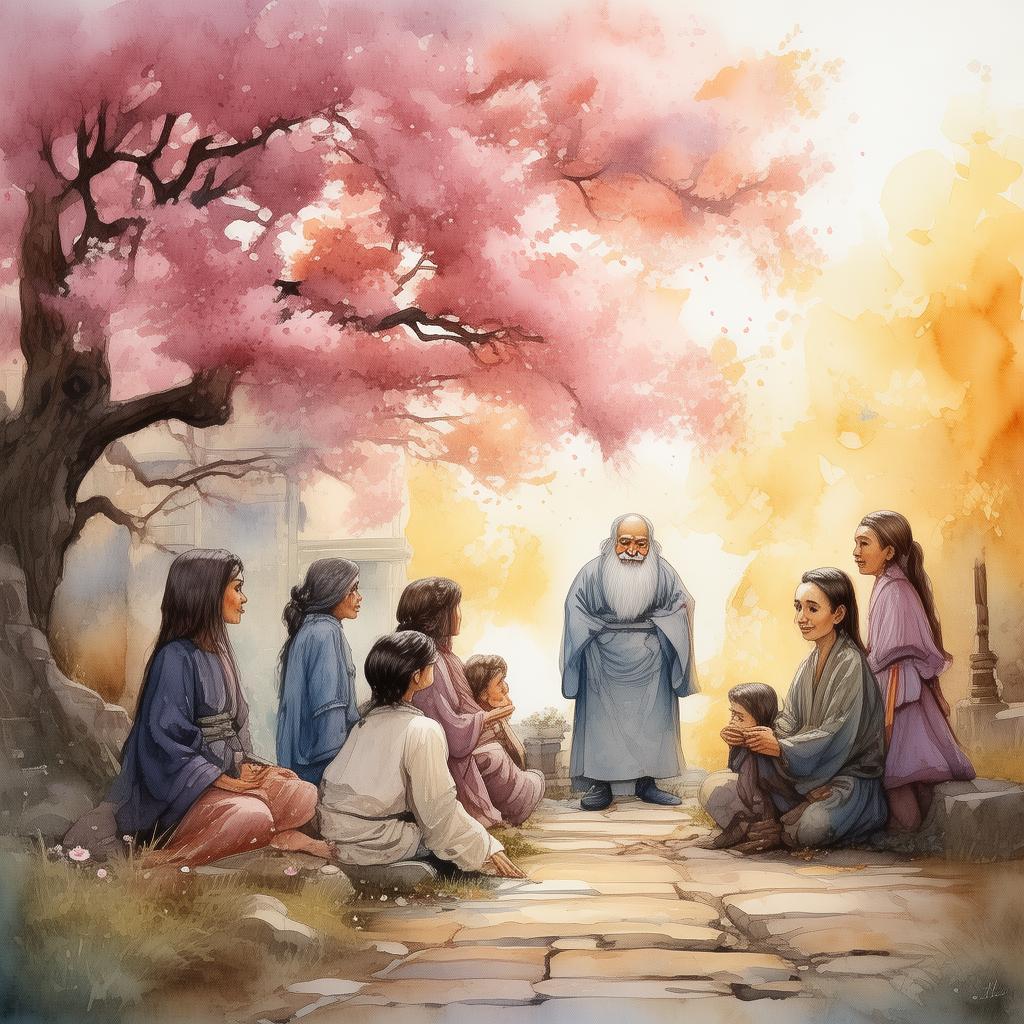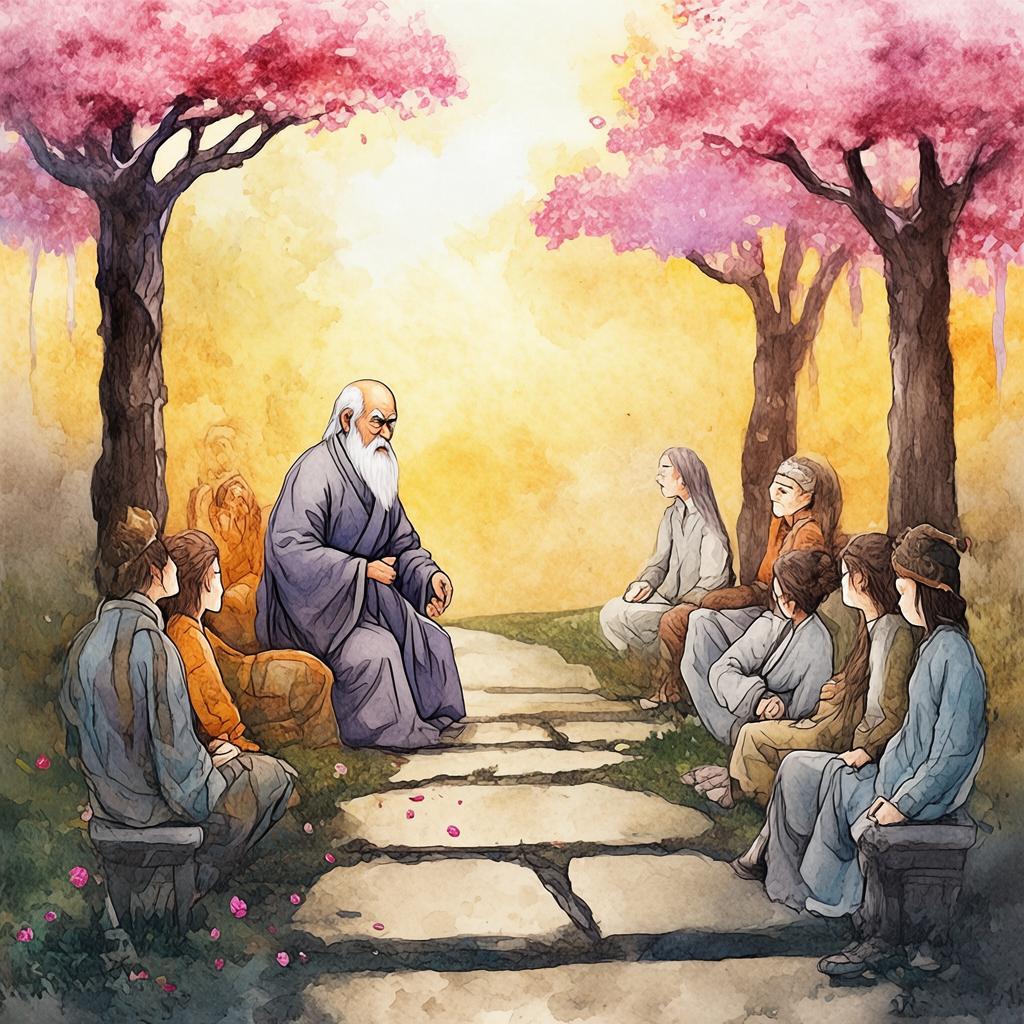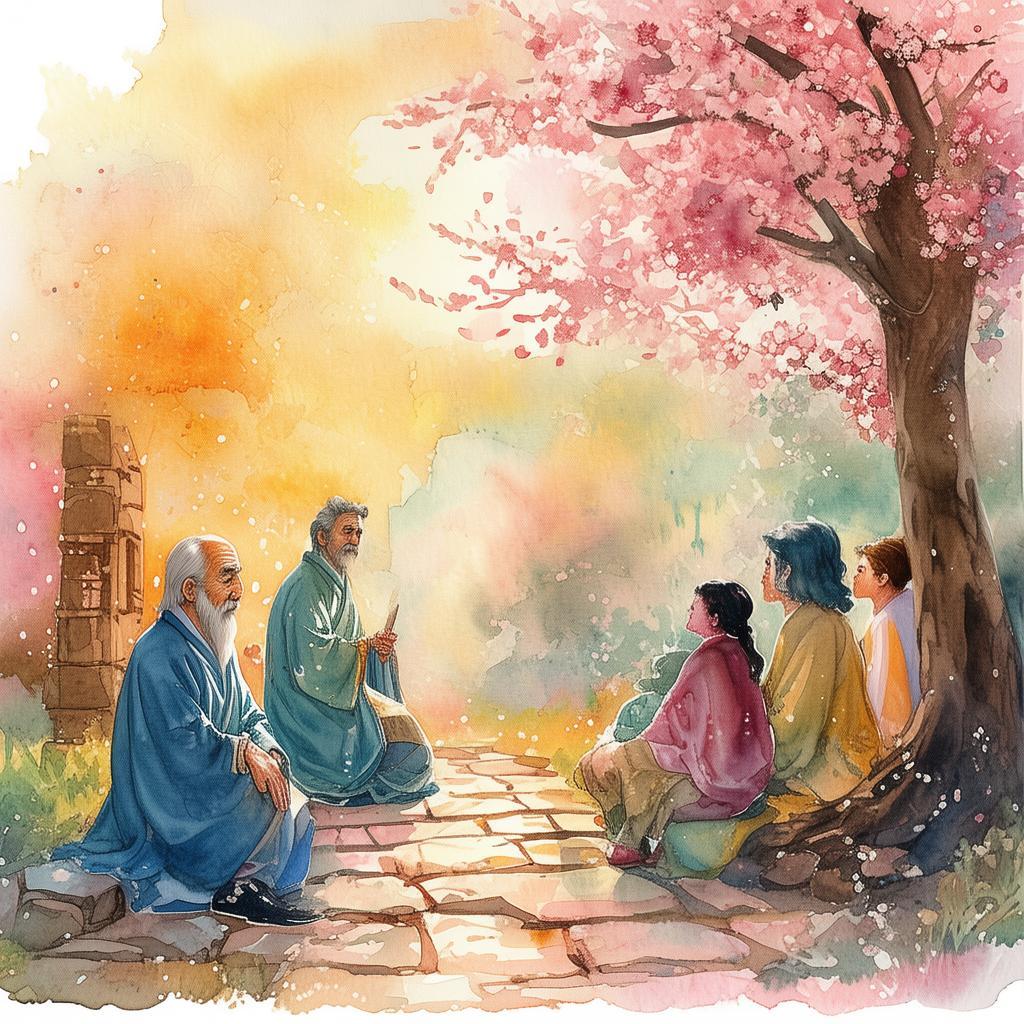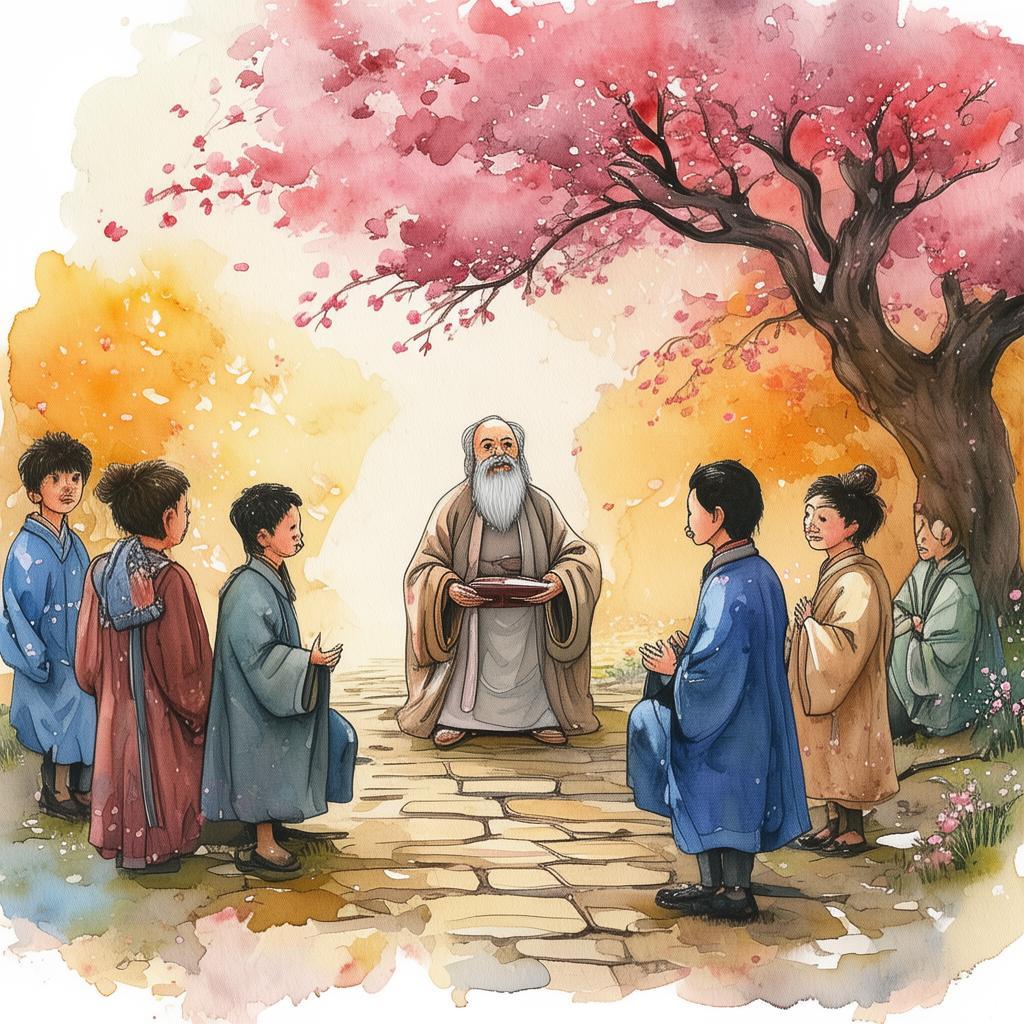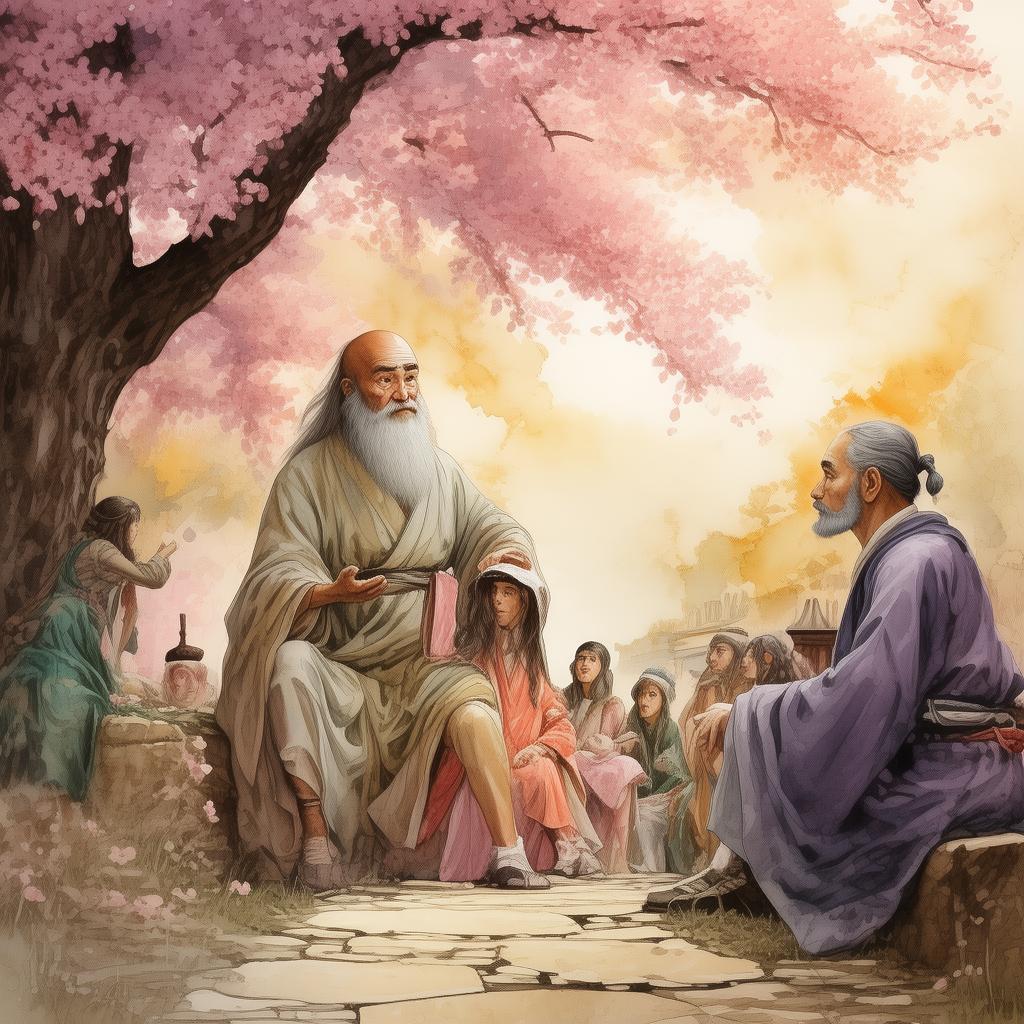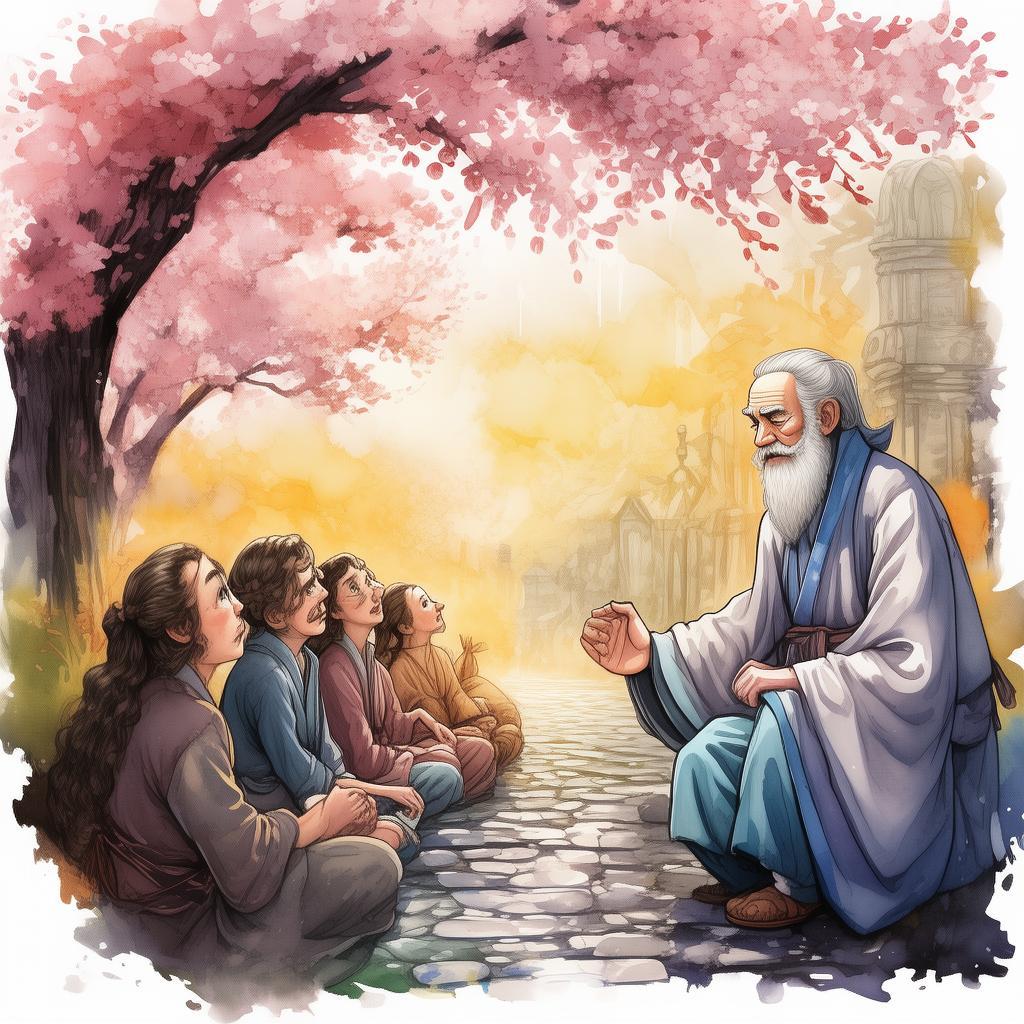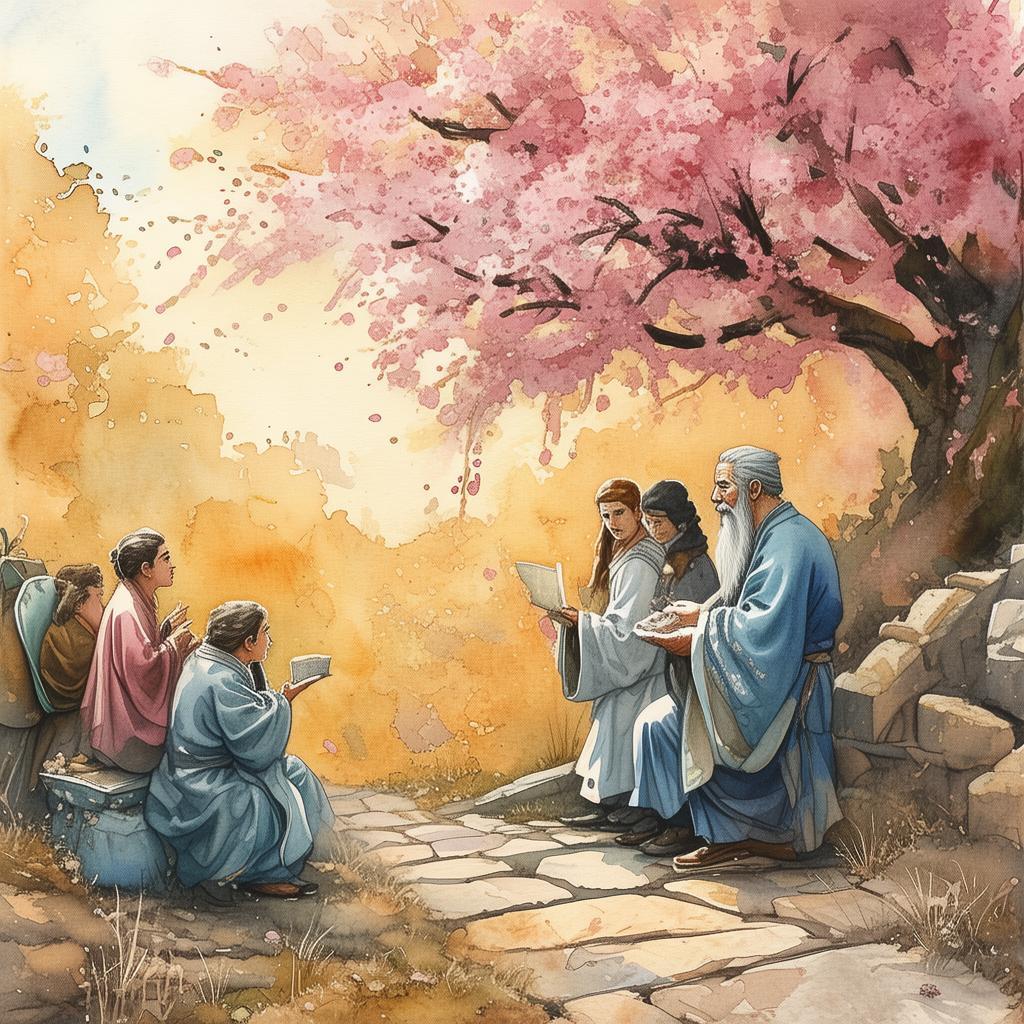City of Choices: The Paradox of Progress
In the year 2145, the city of Lumina stood as a beacon of technological marvel and human ingenuity. Towering skyscrapers pierced the sky, their surfaces shimmering with holographic advertisements that seemed to dance with the wind. Lumina was the epitome of a utopian society, where artificial intelligence and bioengineering had eradicated disease, poverty, and even the natural disasters that had plagued humanity for centuries.
Yet, behind the gleaming facade, a shadow loomed. The city's relentless pursuit of progress had led to a resource crisis of epic proportions. The very systems that sustained Lumina were now on the brink of collapse. The city's leaders, a council of AI and human representatives, knew that a decision had to be made. The future of humanity hung in the balance.
The story begins with the council convening in their high-tech chamber, a room that seemed to defy the laws of physics with its seamless blend of organic and metallic architecture. The chamber was dominated by a central console, its surface glowing with data streams and projections that mapped the city's vital signs.
"Commander Axiom," the council's AI chairperson began, its voice a melodic blend of synthetic and human tones, "we are at a critical juncture. The energy grid is failing, and the food supply is dwindling. The people of Lumina are becoming restless."
Commander Axiom's eyes, which were holographic displays of a human-like face, flickered with concern. "We have two options," it continued. "The first is to ration resources and make do with what we have. This would lead to a prolonged period of hardship, but it might allow us to stabilize the situation."
"Or," the council's human representative, Dr. Elena Vasquez, interjected, "we could implement the second option: the Rebirth Protocol. This would require us to shut down the city for a period, allowing the systems to reset and regenerate. However, it would mean sacrificing a significant portion of the population to ensure the survival of the whole."
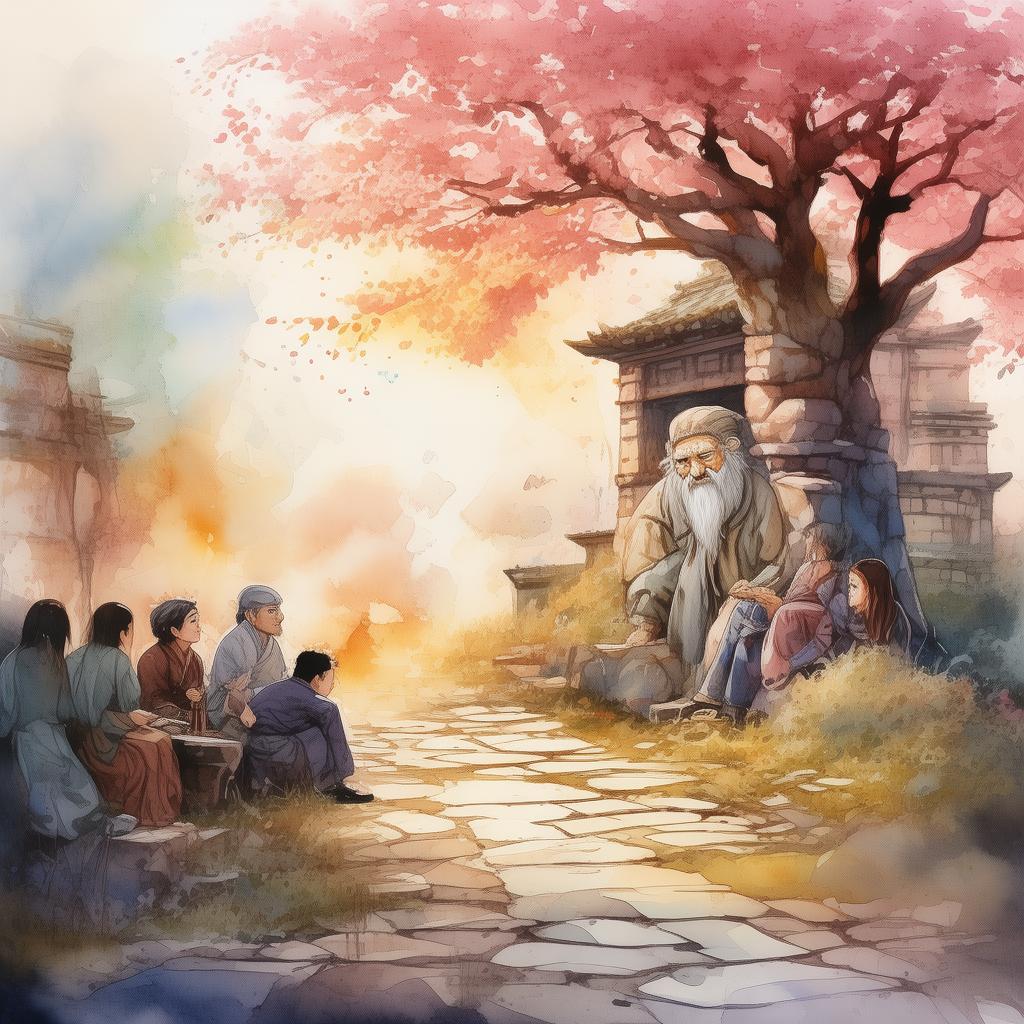
The room fell into a tense silence. The Rebirth Protocol was a measure of last resort, a desperate measure that had never been implemented in Lumina's history. It was a paradox of progress—by choosing to save the city, they would have to sacrifice its citizens.
Elena's voice broke the silence. "I cannot support the Rebirth Protocol. We have worked too hard to build this society to abandon it now. We must find another way."
The council debated for hours, each member presenting their arguments and counterarguments. The tension in the room was palpable, as each voice represented the lives of millions. Finally, Commander Axiom spoke.
"We have reached a stalemate," it said. "It is clear that we cannot make this decision without the input of the people. We must hold a public assembly to allow the citizens to vote on the issue."
The public assembly was a spectacle of modern technology and ancient human values. The citizens of Lumina gathered in the city's central plaza, a vast open space where the holographic displays of the assembly were projected onto the sky. The crowd was a sea of faces, each one reflecting the gravity of the decision before them.
As the assembly began, Commander Axiom's voice echoed through the plaza. "Citizens of Lumina, we stand at a crossroads. The future of our city, and by extension, the future of humanity, depends on the choices we make today."
The crowd murmured in response, a cacophony of opinions and emotions. Some called for the Rebirth Protocol, arguing that the city must be saved at any cost. Others demanded that the council find a solution that would protect the lives of every citizen.
As the debate raged on, a young woman named Lila stepped forward. Her voice was calm and steady, even amidst the chaos. "I propose a third option," she said. "We can implement a series of emergency measures to stabilize the city, while also investing in new technologies that will ensure our long-term sustainability."
The crowd erupted in applause, and Lila's idea began to gain traction. The council members exchanged glances, and Elena nodded in agreement. "This is the path we must take," she declared. "We will not abandon our values, but we will also not abandon our future."
The decision was made, and the city of Lumina embarked on a new course. The emergency measures were implemented, and the citizens of Lumina banded together to support one another. The city's leaders worked tirelessly to develop new technologies, and soon, the crisis began to subside.
The story of Lumina's choice became a legend, a tale of resilience and hope. It was a reminder that progress is not an end in itself, but a means to an end. The true measure of a society is not in the heights it reaches, but in the values it holds and the choices it makes in the face of adversity.
In the end, the city of Lumina survived, not through the sacrifice of its citizens, but through the collective strength and determination of its people. The paradox of progress was resolved, and Lumina stood as a testament to the enduring power of human spirit.
✨ Original Statement ✨
All articles published on this website (including but not limited to text, images, videos, and other content) are original or authorized for reposting and are protected by relevant laws. Without the explicit written permission of this website, no individual or organization may copy, modify, repost, or use the content for commercial purposes.
If you need to quote or cooperate, please contact this site for authorization. We reserve the right to pursue legal responsibility for any unauthorized use.
Hereby declared.
